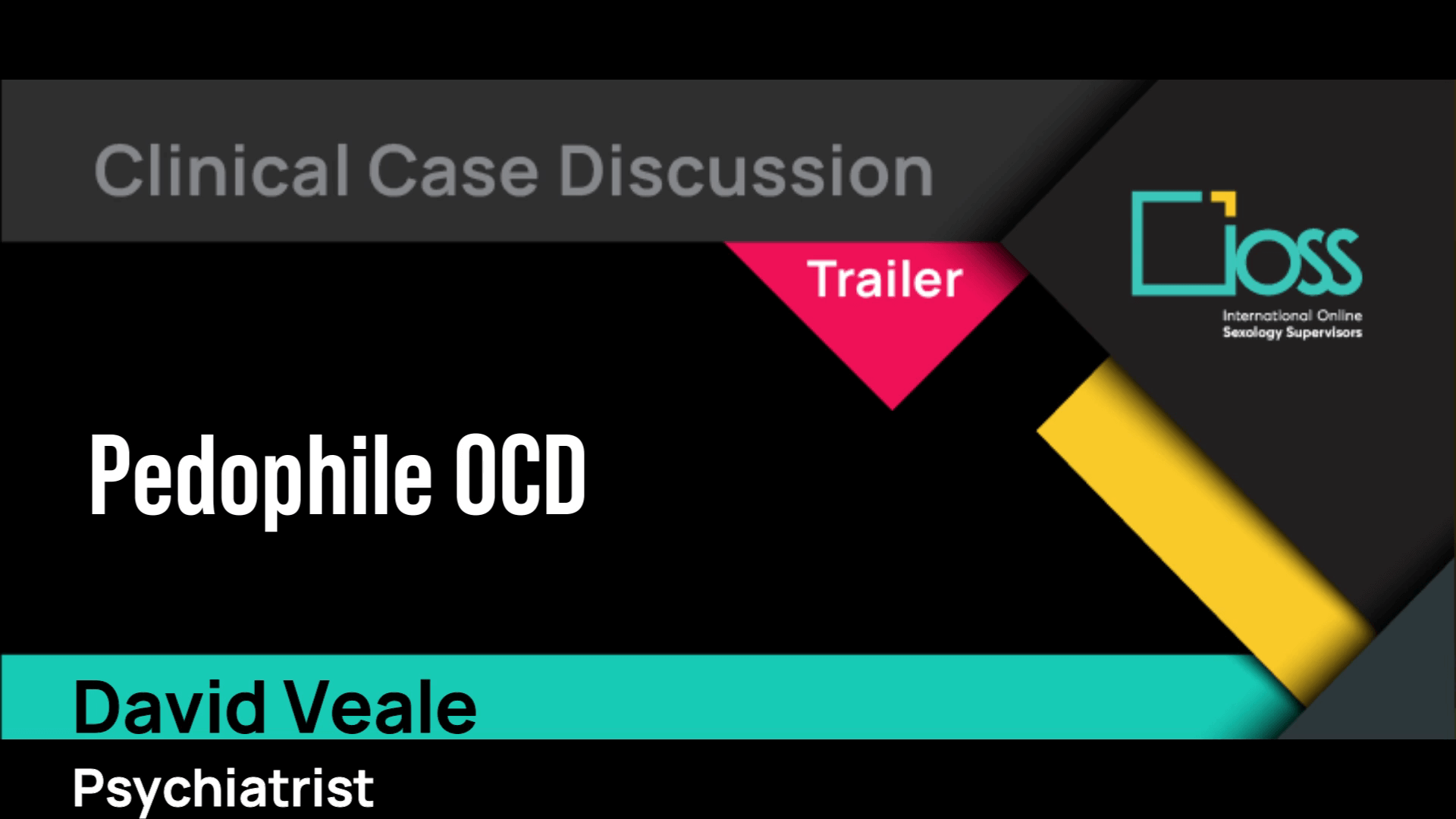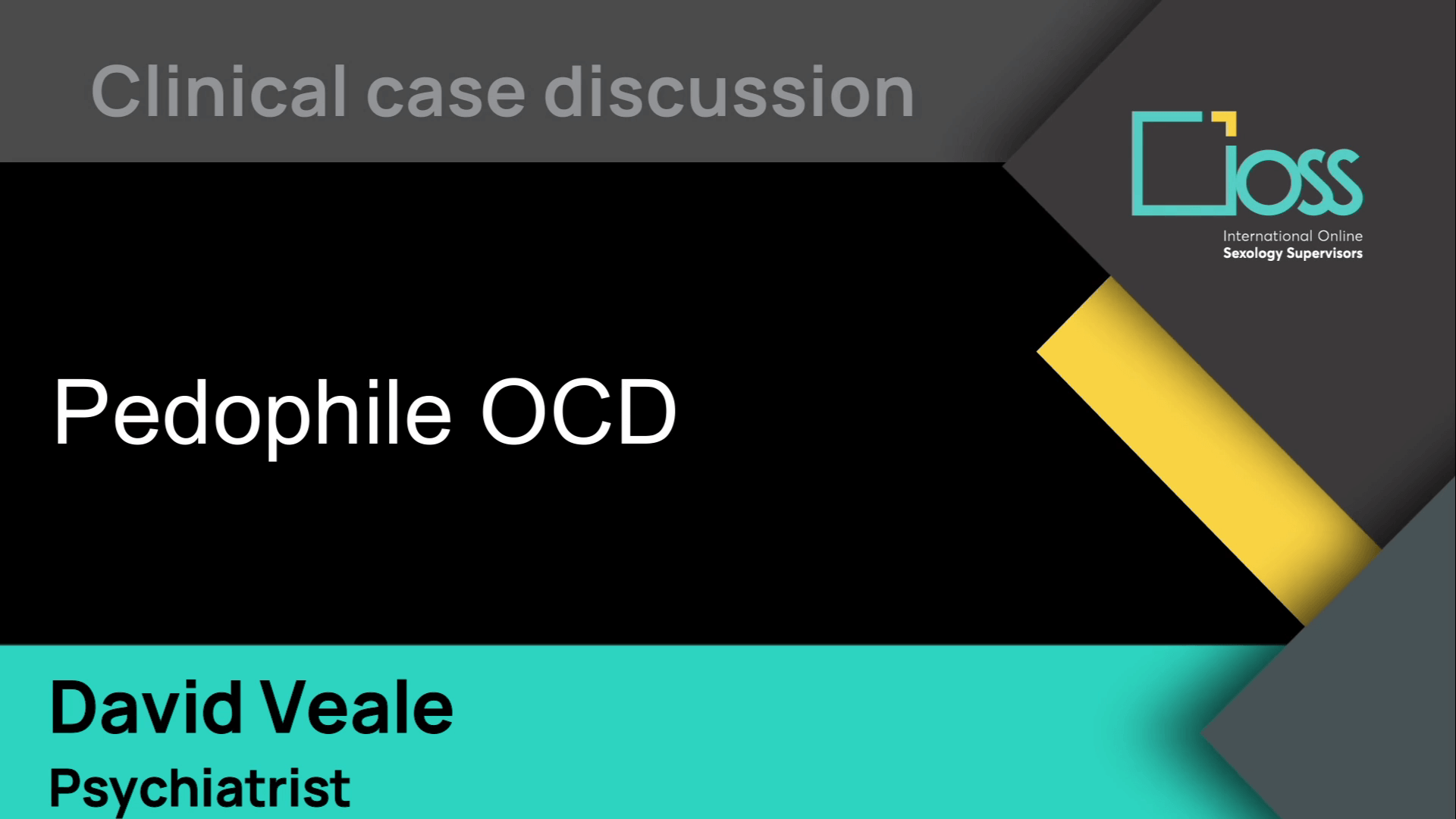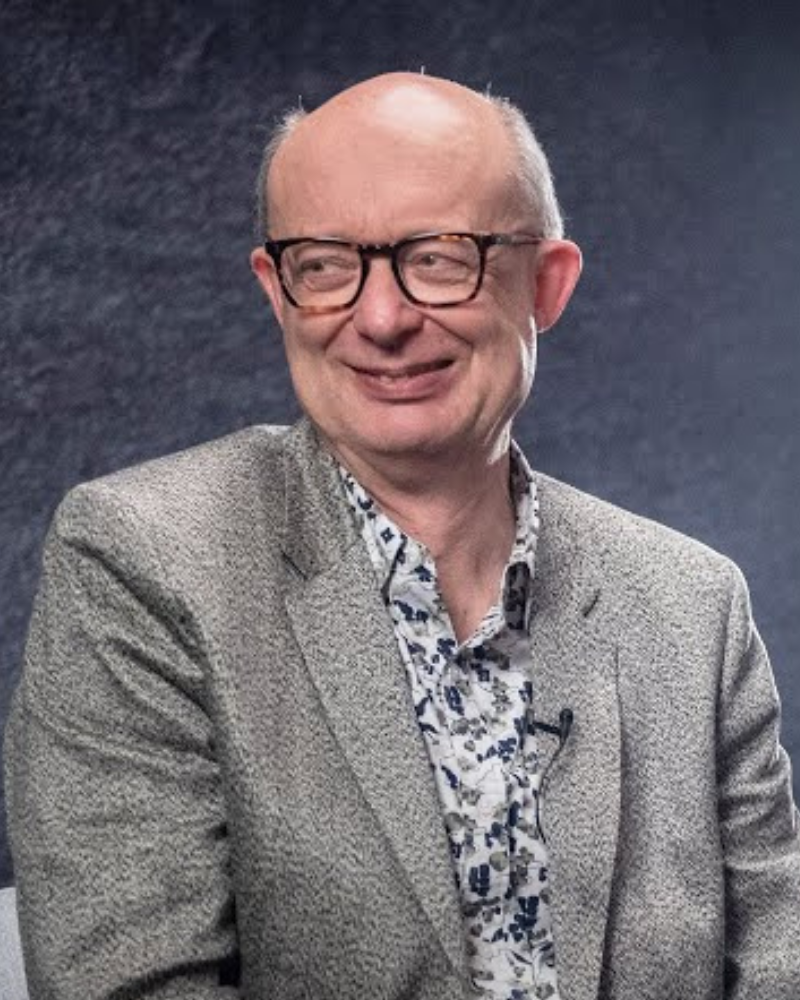Pedophile OCD
38m
David Veale
Psychiatrist
 Trailer
Trailer Get AccessFull Video
Get AccessFull VideoContent: Michael is a young man who seeks help because he is worried he might be a pedophile. He first asks to be reassured that what he conceals to the therapist will remain confidential. He then reports having sexual thoughts involving children. These thoughts are repetitive and intrusive, causing sleep difficulties and distracting him from his studies. He feels shameful and excessively anxious. What makes him even more concerned is that he sometimes gets sexually aroused when thinking of children.
The case is presented in a sequential way, and David Veale shares his knowledge and clinical experience. How will a pedophile-themed OCD be differentiated from being a pedophile? Which aspects of the disorder are key for the diagnosis and the treatment? What is the central concept of therapy, and how will it be approached? What are the clinical mistakes that therapists should avoid? This disorder can challenge therapists who are not prepared to manage such a case, while a misdiagnosis can be detrimental.
Prof. David Veale discusses a case presented by Evie Kirana aiming to help clinicians:
- perform the right diagnosis
- be able to identify the key characteristics of OCD and key factors to be assessed
- to provide education to the patient
- to manage (especially at the first session) the clients’ reassurance-seeking
- understand the key aspects of the treatment approach
Produced in 2023

David Veale
Psychiatrist
Lecturer
David Veale is a Consultant Psychiatrist and leads a national outpatient and residential unit service for people with severe treatment refractory Obsessive Compulsive Disorder (OCD) and Body Dysmorphic Disorder (BDD) at the South London and Maudsley Trust and for inpatients at the Priory Hospital North London.
He is a Visiting Professor in Cognitive Behavioural Psychotherapies in the Department of Psychology at King’s College London. He is a member of the group revising the diagnostic guidelines for ICD11 for OCD and Related Disorders for the World Health Organisation. He was a member of the group that wrote the NICE guidelines on OCD and BDD in 2006 and chaired the NICE Evidence Update on OCD and BDD in 2013. He has authored or co-authored over 100 empirically based articles, 6 books, 13 book chapters, and 35 teaching articles or reviews. He is an Honorary Fellow of the British Association of Behavioural and Cognitive Psychotherapies, a Fellow of the British Psychological Society and Fellow of the Royal College of Psychiatrists. He is a Trustee of the UK national charities, OCD Action and the BDD Foundation.


